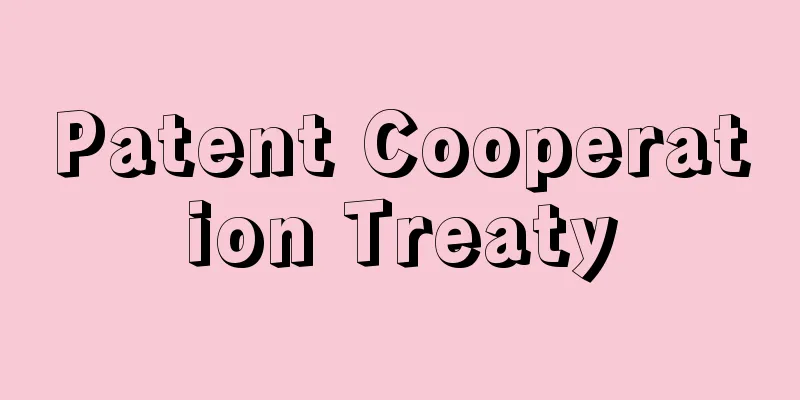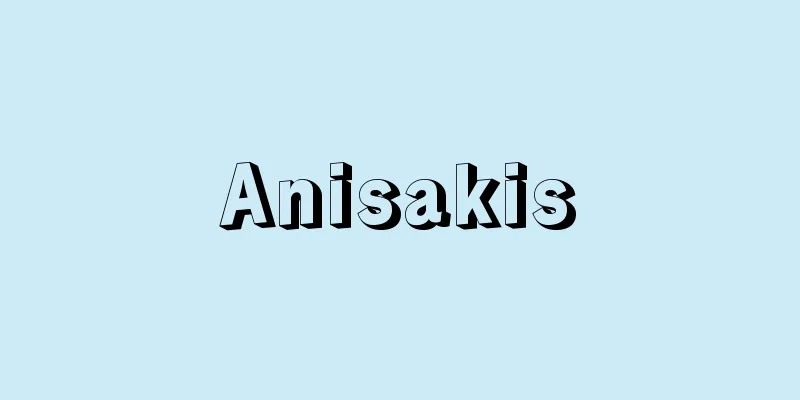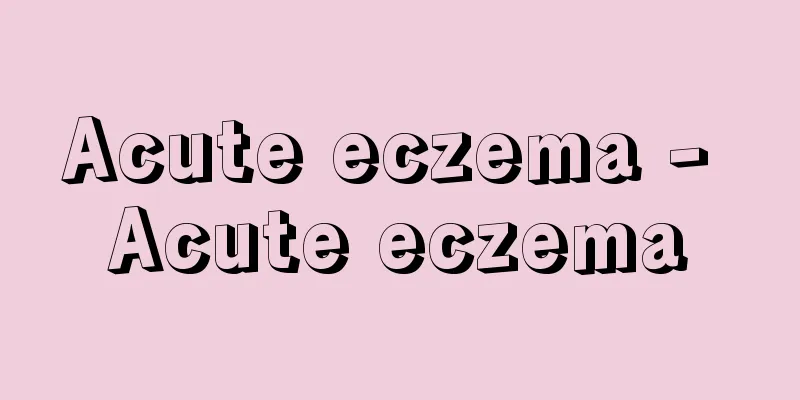Patent Cooperation Treaty

|
A treaty under which an application for the same invention in one member country is automatically considered to have been filed individually in all member countries. The abbreviation is PCT, which is the abbreviation of the English name. It was adopted at the Washington Diplomatic Conference in June 1970 and came into force in January 1978. Japan joined in October 1978. If an application is filed in one member country under the Patent Cooperation Treaty within one year of the domestic application, the application date in each member country can be the same as the domestic application date in principle. In addition, the priority of the application date, which is usually 12 months, is extended, and the application procedure in the member countries can be completed within 30 months of the domestic application. As of July 2016, there are 150 member countries, including the United States, Russia, Germany, France, the United Kingdom, China, and South Korea (however, Japan does not recognize North Korea as a member). The Patent Cooperation Treaty is sometimes called a "world patent" or "international patent," but this is not accurate. Whether or not to grant individual patents is left to the discretion of the relevant government agencies in each country, and even if a country is a member of the Patent Cooperation Treaty, it is not possible to obtain patents in all member countries by filing an application in one member country. The Patent Cooperation Treaty is one of the treaties administered by the World Intellectual Property Organization (WIPO). The principle of patent independence is established in the Paris Convention (United Nations Convention for the Protection of Industrial Property), which states that "patents are independent of each country in which they are granted, and are valid only in that country." The Patent Cooperation Treaty was adopted to complement the Paris Convention and to reduce the administrative burden and costs of translations, etc. Furthermore, in June 2000, the Patent Law Treaty was adopted to further complement the Patent Cooperation Treaty, with the aim of unifying and simplifying as much as possible the various application procedures that currently vary from country to country. [Takeshi Yano November 18, 2016] [References] | | | | |Source: Shogakukan Encyclopedia Nipponica About Encyclopedia Nipponica Information | Legend |
|
同一の発明について、この条約に加盟した1国に出願すれば、自動的に加盟国すべてに個々に出願したとみなす条約。英語名の頭文字をとって略称はPCT。1970年6月のワシントン外交会議で採択され、1978年1月に発効した。日本は1978年(昭和53)10月に加盟した。国内出願から1年以内に、特許協力条約に基づいて加盟国1国に出願すれば、加盟各国での出願日を原則、国内出願日と同日にできるという利点がある。また通常12か月である出願日の優先権が延長され、加盟国への出願手続は国内出願から30か月以内に済ませばよい。2016年7月時点での加盟国はアメリカ、ロシア、ドイツ、フランス、イギリス、中国、韓国など150か国(ただし日本は北朝鮮の加盟を認めていない)。なお特許協力条約をもって「世界特許」「国際特許」などとよぶ場合があるが正確ではない。個々の特許を認めるかどうかは世界各国の担当官庁にゆだねられており、特許協力条約加盟国といえども、加盟1国に出願して、すべての加盟国の特許を取得できるわけではない。 特許協力条約は世界知的所有権機関(WIPO(ワイポ))が管理する条約の一つである。「特許は世界各国ごとに独立したもので、各国で与えられ、各国でのみ有効である」との特許独立の原則がパリ条約(工業所有権保護同盟条約)で定められている。特許協力条約は、このパリ条約を補完し、翻訳などの事務負担や事務費用を軽減する目的で採択された。なお特許協力条約をさらに補完する形で、2000年6月には、国ごとにばらばらの出願手続をできるだけ統一・簡素化する特許法条約が採択された。 [矢野 武 2016年11月18日] [参照項目] | | | | |出典 小学館 日本大百科全書(ニッポニカ)日本大百科全書(ニッポニカ)について 情報 | 凡例 |
>>: Dokkyo University - Dokkyo Daigaku
Recommend
Pyrogallol - Pyrogallol (English spelling)
A polyhydric phenol. It stands for 1,2,3-trihydro...
Genes
A structural unit within a cell that determines h...
Ion pump
…The concentration gradient of these two ions is ...
River mouth port - Kakoko
A port located at the mouth of a river. A port bui...
Ajiro Edition - Ajiro Ami
...Products include a wide variety of shallow con...
Flower Boar - Kacho
…(6)Chinese: A general term for breeds native to ...
Rules - Rules
〘 noun 〙 In the Edo period, this refers to a tenan...
Surprise Box - Surprise Box
A toy (gangu) in which a doll or other object sud...
Ulsan Fortress Site
...A city on the Sea of Japan coast of South Gy...
Crude drug
…In other words, because they could be stored and...
Jobuku
〘 noun 〙 The end of the mourning period and the ta...
Hana Ueno Homare Stone Monument - Hana no Ueno Homare no Ishibumi
Joruri. Historical piece. 10 acts. A collaboration...
Forsterite (English spelling)
hardship Olive Kanran The mineral name of this sto...
Cercamon
… The troubadours may be divided into the followi...
Cold - Flu
Also known as the common cold. A general term for ...









